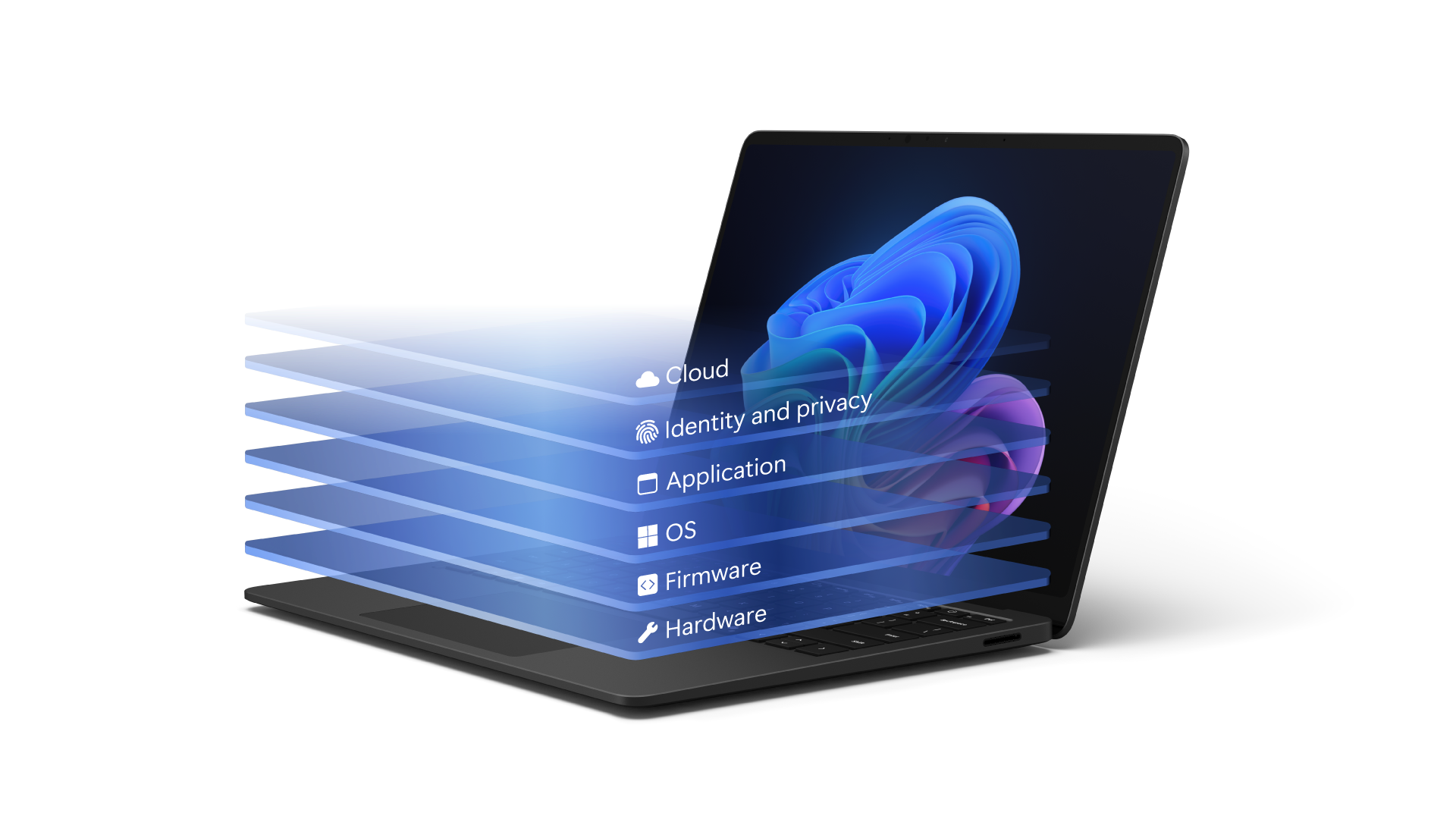
Inside Pluton -- Microsoft's security processor that's coming to a PC near you soon
Microsoft first announced its Pluton security processor as far back as 2020 and more recently has said it will be enabled by default on all Copilot+ PCs as part of the company's commitment to Secure by Design.
Today the company is releasing more details about Pluton and how it operates. Operating directly on dedicated hardware on the CPU system-on-chip (SoC), Pluton helps provide additional protection for sensitive assets like credentials and encryption keys, using a combination of hardware, firmware and software
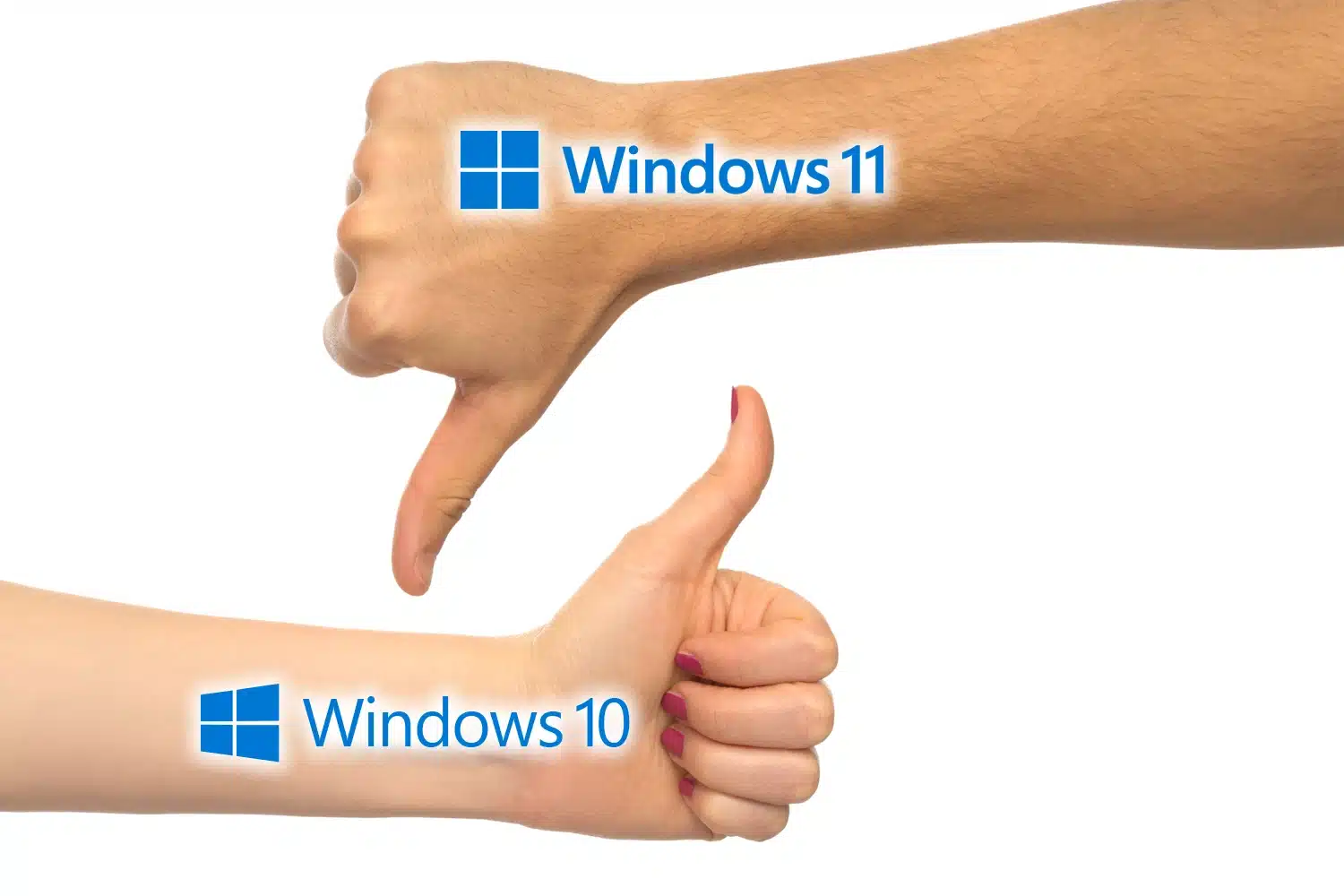
Microsoft refuses to ease Windows 11’s strict hardware requirements, despite the ditching of Windows 10
With official support for Windows 10 coming to an end next year, those who are still using the operating system are faced with a difficult choice. They can stick with using Windows 10 as an unsupported OS, perhaps turning to a third-party patching service to plug security holes.
Or they can look to upgrade to Windows 11. But this presents a problem. A lot of computers that run Windows 10 are not able to run Windows 11 because of the TPM 2.0 requirement of the newer OS. For anyone hoping Microsoft might finally relent and ease up on this requirement, Microsoft has restated its position, making it clear that it will not be backing down.
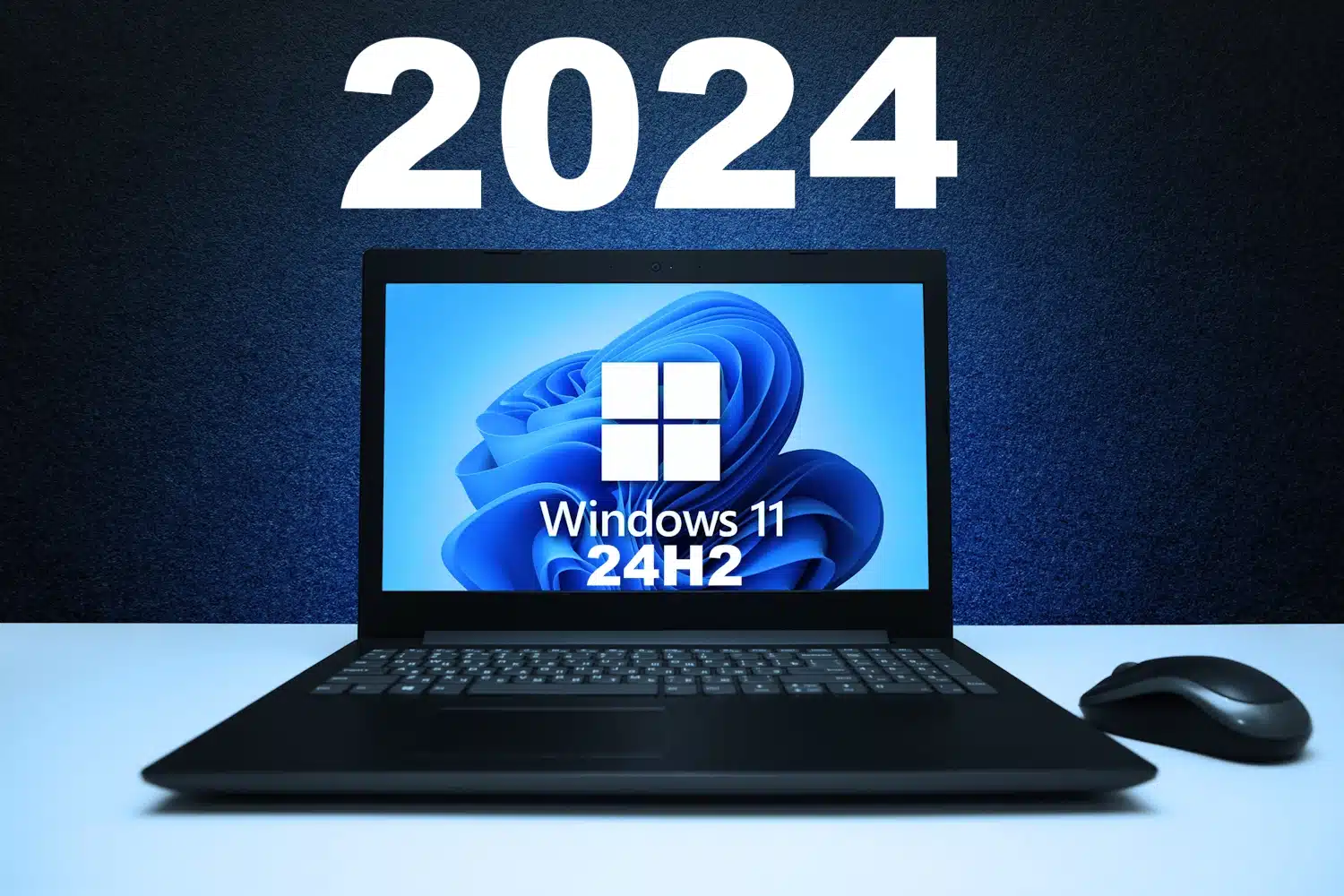
How to bypass Microsoft’s TPM 2.0 requirements when upgrading to Windows 11 24H2
With the release of Windows 11 24H2, also known as the Windows 11 2024 Update, many people eager to try out the latest version of the operating system are encountering a roadblock. With this feature update Microsoft tightens the restriction on the hardware it can be installed on.
It has been some time since the company introduced a system requirement for TPM 2.0 support, but there have been numerous workarounds that allowed for installation on hardware that was technically incompatible. Now Microsoft has cracked down on the various methods of bypassing the requirement, so a new approach is needed.
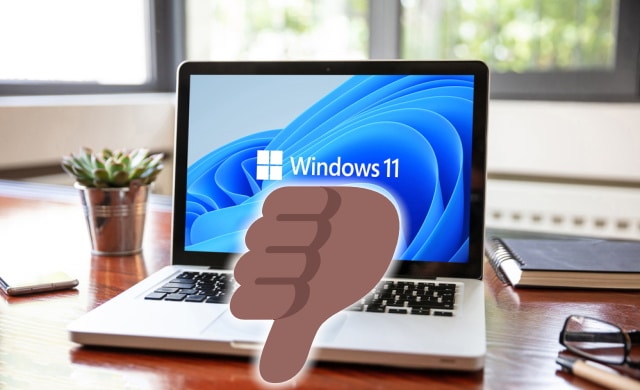
Over a third of enterprise devices can't run Windows 11
Windows 11 began rolling out in October last year, but more than a third of devices currently in use at the average enterprise are not capable of running it according to new research from Riverbed|Aternity.
Analysis of data from millions of employee devices across hundreds of global companies using the Aternity Digital Experience Management platform seeks to better understand the state of Windows 11 readiness.
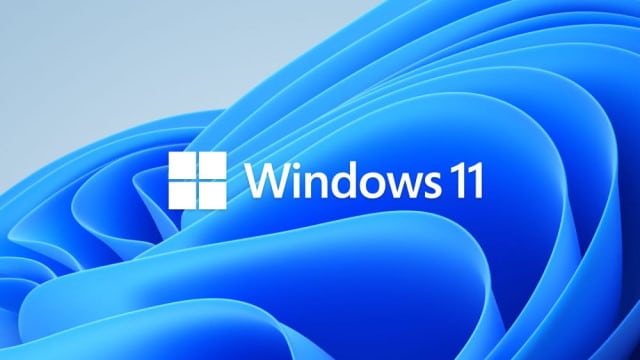
TPM is causing performance issues for Windows 11 on some AMD systems
The controversy surrounding the need for TPM 2.0 (Trusted Platform Module version 2) to run Windows 11 may have largely died down, but it remains an issue for some people. Specifically, it is people with AMD systems for whom TPM (or fTPM as AMD labels it) is proving problematic.
Complaints are popping up online from Windows 11 users who report performance problems with their computers, including stuttering. The common thread linking them together seems to be AMD's fTPM firmware implementation.
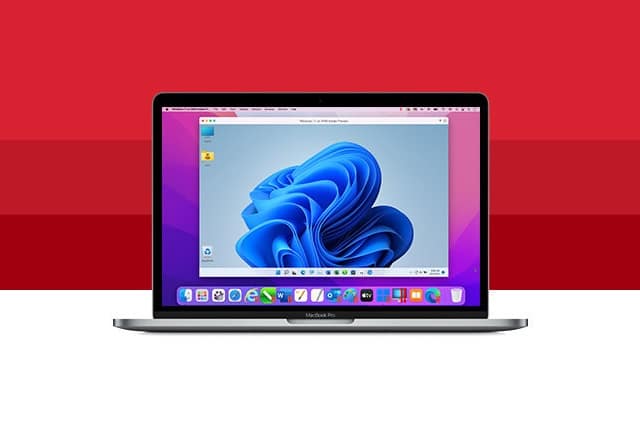
Parallels Desktop 17.1 gains full support for virtualized Windows 11 and macOS Monterey
Users of the vitualization tool Parallels Desktop have a major update to install that brings important changes on Windows and macOS alike.
There is now full support for running virtualized instance of Windows 11 thanks to a change in the way TPM is handled. Parallels Desktop 17.1 also supports macOS Monterey as the host OS, and improved the experience of running Monterey virtual machines on Apple M1 chips.

Install Windows 11 on 'incompatible' systems using Microsoft's official registry hack to bypass the TPM 2.0/CPU check
Although Microsoft would prefer it if people waited to be invited to install Windows 11 on compatible hardware, you can jump the queue now and install it in a number of ways, including by downloading the ISO file, or using the Windows 11 Installation Assistant.
Microsoft has warned against installing Windows 11 on unsupported hardware but -- in the perfect display of the mixed messaging the company seems so adept at delivering when it comes to the new OS -- it’s also revealed the steps you need to take to do exactly that.

Microsoft Surface Pro 8 is the Windows 11 device of your dreams
Tom Warren over at The Verge really hates Windows 11, proclaiming he won't be upgrading to Microsoft's upcoming operating system. Why? He has several reasons, such as his inability to easily locate the date and time when using multiple monitors. Oh well. It is his loss, as Windows 11 is really good. In fact, it is definitely the best version of Windows ever.
Despite Warren's apparent hatred of Windows 11, today, he shares some leaked information about the upcoming Surface Pro 8. Sadly, Microsoft's big announcement is due in just a few days, meaning The Verge and other leakers (such as the one it sources) have largely ruined the big reveal. Warren's actions are arguably a huge sign of disrespect towards Microsoft's Chief Product Officer, Panos Panay. Sigh. Thankfully, the leaked information signals a very exciting Surface tablet is on the way.
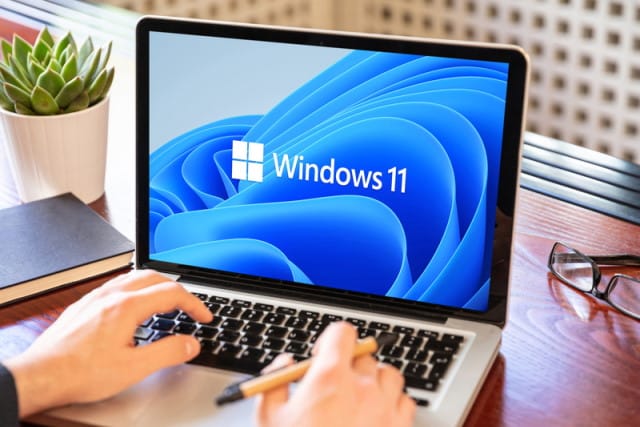
Microsoft even requires TPM 2.0 for Windows 11 virtual machines
If you were hoping to get around Windows 11’s TPM 2.0 requirement by running the operating system in a virtual machine, you're out of luck. People attempting to update to Windows 11 Insider Preview Build 22000.194 in a virtual machine will have noticed a message warning them that "this PC does not currently meet Windows 11 system requirements".
More specifically, the message goes on to explain that "the PC must support TPM 2.0". But, as have been the case on more than one occasion with Windows 11 system requirements, confusion abound thanks to Microsoft's mixed messaging.

Microsoft updates the Windows 11 minimum system requirements, but it's not good news for many
When Microsoft first announced the minimum system requirements for its upcoming operating system, most people didn’t take much notice. Surely Windows 11 wouldn’t be too different from Windows 10, right? Wrong.
Primarily as a result of its support for TPM 2.0, Windows 11 won’t run on a lot of systems, especially older ones. This caused a lot of negative feedback, leading Microsoft to reconsider whether or not it had made the right call, and today it announces its findings.
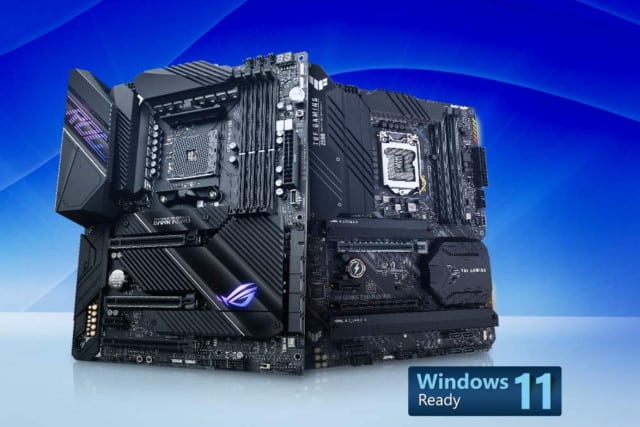
ASUS BIOS update gives motherboards TPM 2.0 support ready for Windows 11
ASUS is one of the first motherboard manufacturers taking steps to ensure that its customers will be able to enjoy Windows 11. The company has released BIOS updates for a number of its boards which automatically enable TPM 2.0 support.
The hardware requirements for Windows 11 have proved confusing and controversial in just about equal measure, but it is the need for TPM 2.0 that has caught many people off guard. Even for people with systems that have TPM 2.0 and therefore support Windows 11, there is the potentially difficult process of enabling the feature. With its latest BIOS updates for both AMD and Intel mobos, ASUS has eliminated this step so there is no need to manually enable it.
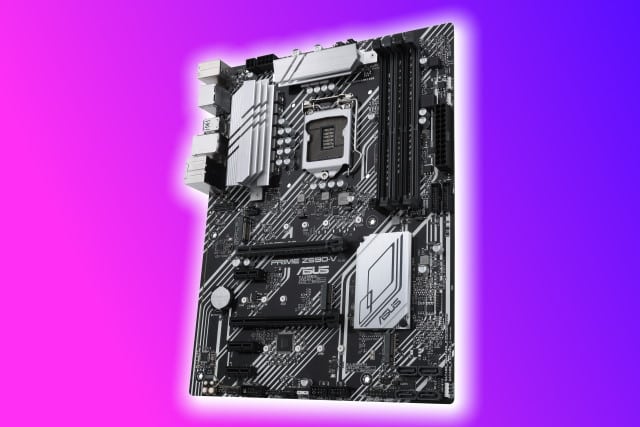
ASUS provides details of motherboards that support Windows 11
If you have been following news recently, you can't have missed the fact that there is confusion and annoyance about the minimum system requirements for Windows 11. As well as making some relatively recent processor effectively obsolete, the latest version of Windows's need for TPM 2.0 is standing in the way of many potential upgrades.
For system builders concerned about the compatibility of their hardware, ASUS has updated its support documents to provide details information about which of its motherboard are compatible with Windows 11.
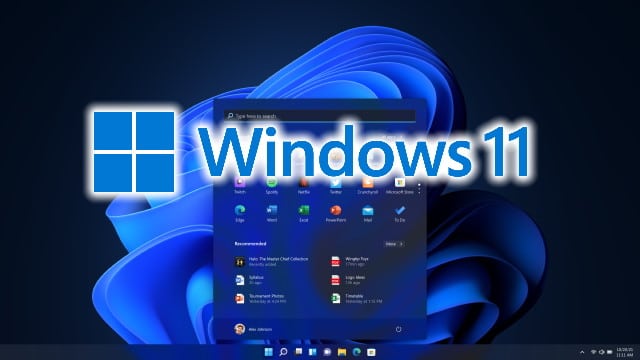
Does Windows 11 really need TPM? Perhaps not...
While there was undoubted excitement at the announcement of Windows 11's impending launch, there was also a great deal of confusion about system requirements. Concern built up around not only Microsoft setting the bar fairly high in terms of CPU generations, making many processors that are far from old essentially obsolete, but also TPM requirements.
Communication about Windows 11's reliance on Trusted Platform Module (TPM) has been poor. Is it TPM 1.2 that's needed, or TPM 2.0? It depends on who you listen to, and which documentations you read -- even official Microsoft documentation. But it turns out that TPM may not be required at all... only in certain circumstances though.
